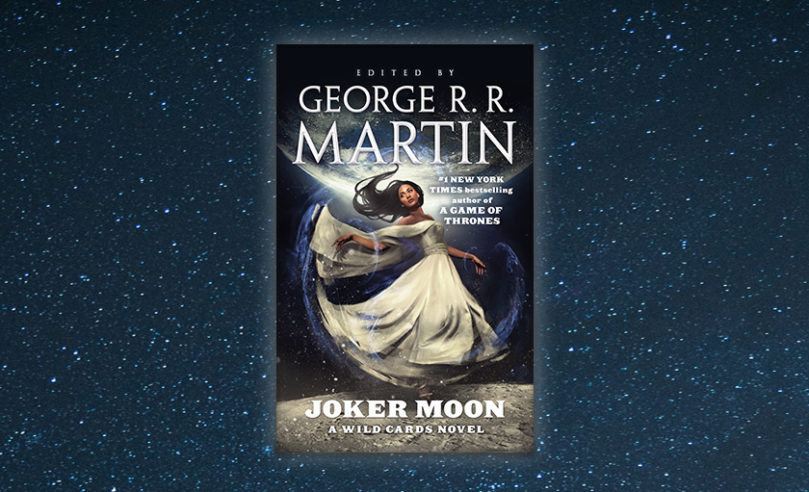Summer is almost here and we’re so excited for warm weather, sunshine, and NEW BOOKS!!! Check out everything coming from Tor Books in summer 2021 here:
June 1
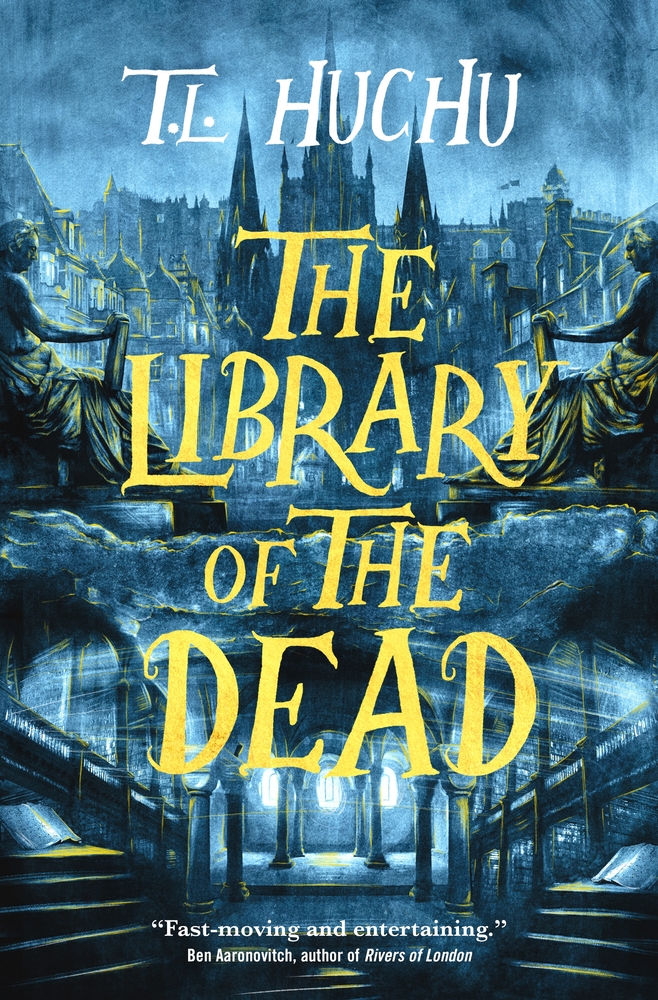 The Library of the Dead by T. L. Huchu
The Library of the Dead by T. L. Huchu
Ropa dropped out of school to become a ghostalker – and they sure do love to talk. Now she speaks to Edinburgh’s dead, carrying messages to those they left behind. A girl’s gotta earn a living, and it seems harmless enough. Until, that is, the dead whisper that someone’s bewitching children – leaving them husks, empty of joy and strength. It’s on Ropa’s patch, so she feels honor-bound to investigate. Ropa will dice with death as she calls on Zimbabwean magic and Scottish pragmatism to hunt down clues. And although underground Edinburgh hides a wealth of dark secrets, she also discovers an occult library, a magical mentor and some unexpected allies. Yet as shadows lengthen, will the hunter become the hunted?
 Alien Day by Rick Wilber
Alien Day by Rick Wilber
Will Peter Holman rescue his sister Kait, or will she be the one to rescue him? Will Chloe Cary revive her acting career with the help of the princeling Treble, or will the insurgents take both their lives? Will Whistle or Twoclicks wind up in charge of Earth, and how will the Mother, who runs all of S’hudon, choose between them? And the most important question of all: who are the Old Ones that left all that technology behind for the S’hudonni . . . and what if they come back?
June 8
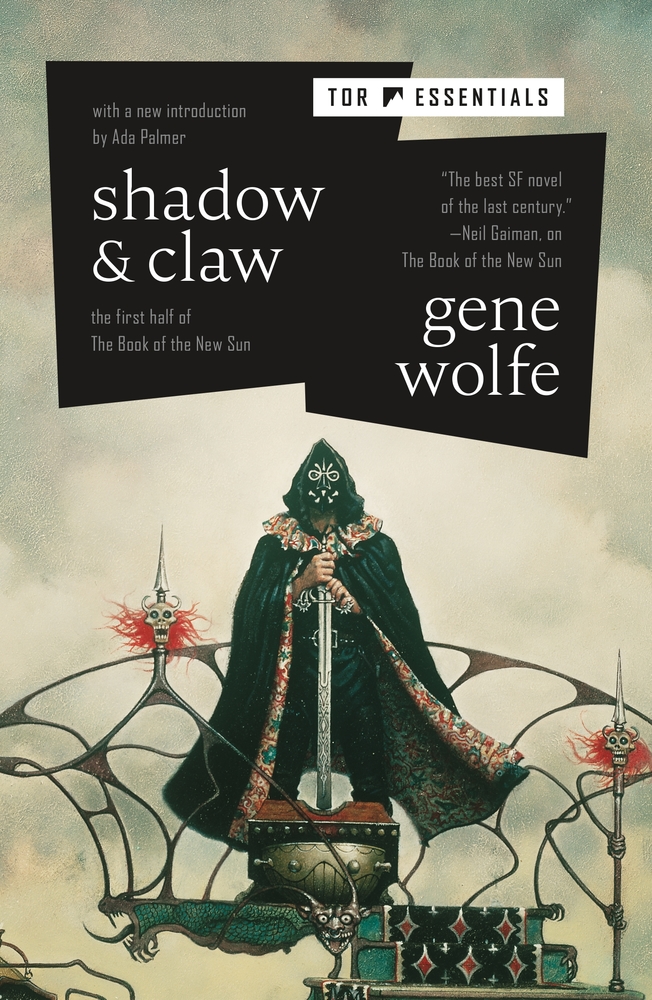 Shadow & Claw by Gene Wolfe
Shadow & Claw by Gene Wolfe
The Book of the New Sun is unanimously acclaimed as Gene Wolfe’s most remarkable work, hailed as “a masterpiece of science fantasy comparable in importance to the major works of Tolkien and Lewis” by Publishers Weekly.
June 22
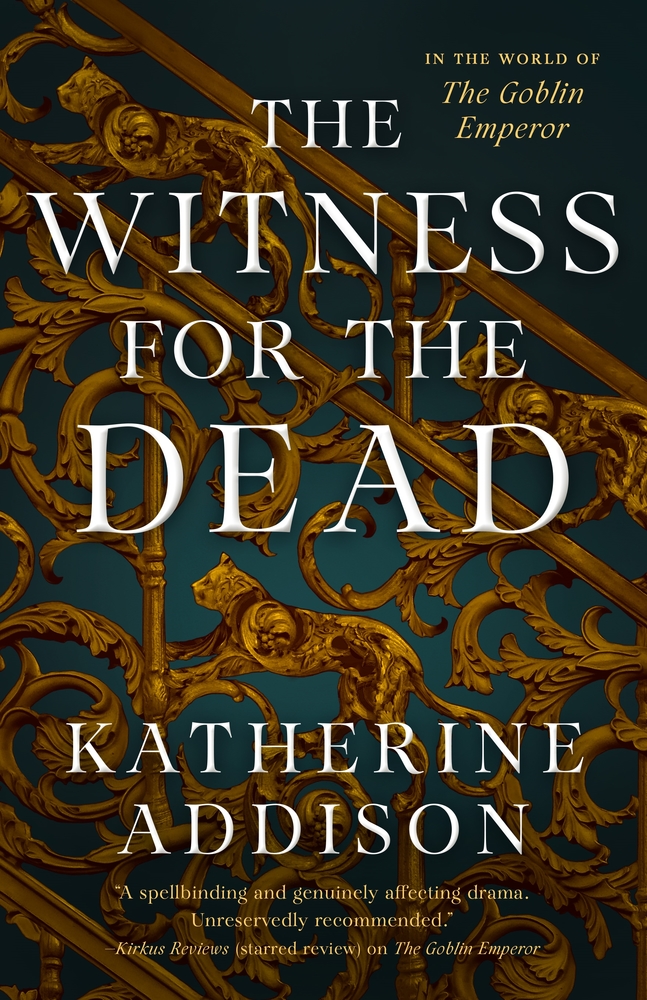 Witness for the Dead by Katherine Addison
Witness for the Dead by Katherine Addison
When the young half-goblin emperor Maia sought to learn who had set the bombs that killed his father and half-brothers, he turned to an obscure resident of his father’s Court, a Prelate of Ulis and a Witness for the Dead. Thara Celehar found the truth, though it did him no good to discover it. He lost his place as a retainer of his cousin the former Empress, and made far too many enemies among the many factions vying for power in the new Court. The favor of the Emperor is a dangerous coin. Now Celehar’s skills lead him out of the quiet and into a morass of treachery, murder, and injustice. No matter his own background with the imperial house, Celehar will stand with the commoners, and possibly find a light in the darkness.
June 29
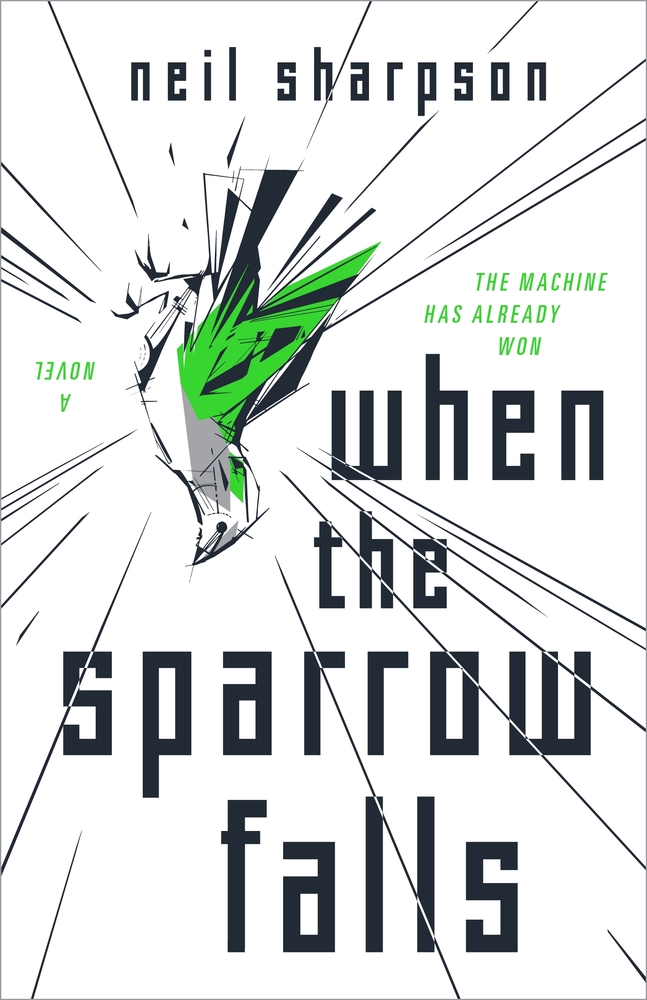 When the Sparrow Falls by Neil Sharpson
When the Sparrow Falls by Neil Sharpson
Here, in the last sanctuary for the dying embers of the human race in a world run by artificial intelligence, if you stray from the path – your life is forfeit. But when a Party propagandist is killed – and is discovered as a “machine” – he’s given a new mission: chaperone the widow, Lily, who has arrived to claim her husband’s remains. But when South sees that she, the first “machine” ever allowed into the country, bears an uncanny resemblance to his late wife, he’s thrown into a maelstrom of betrayal, murder, and conspiracy that may bring down the Republic for good.
July 6
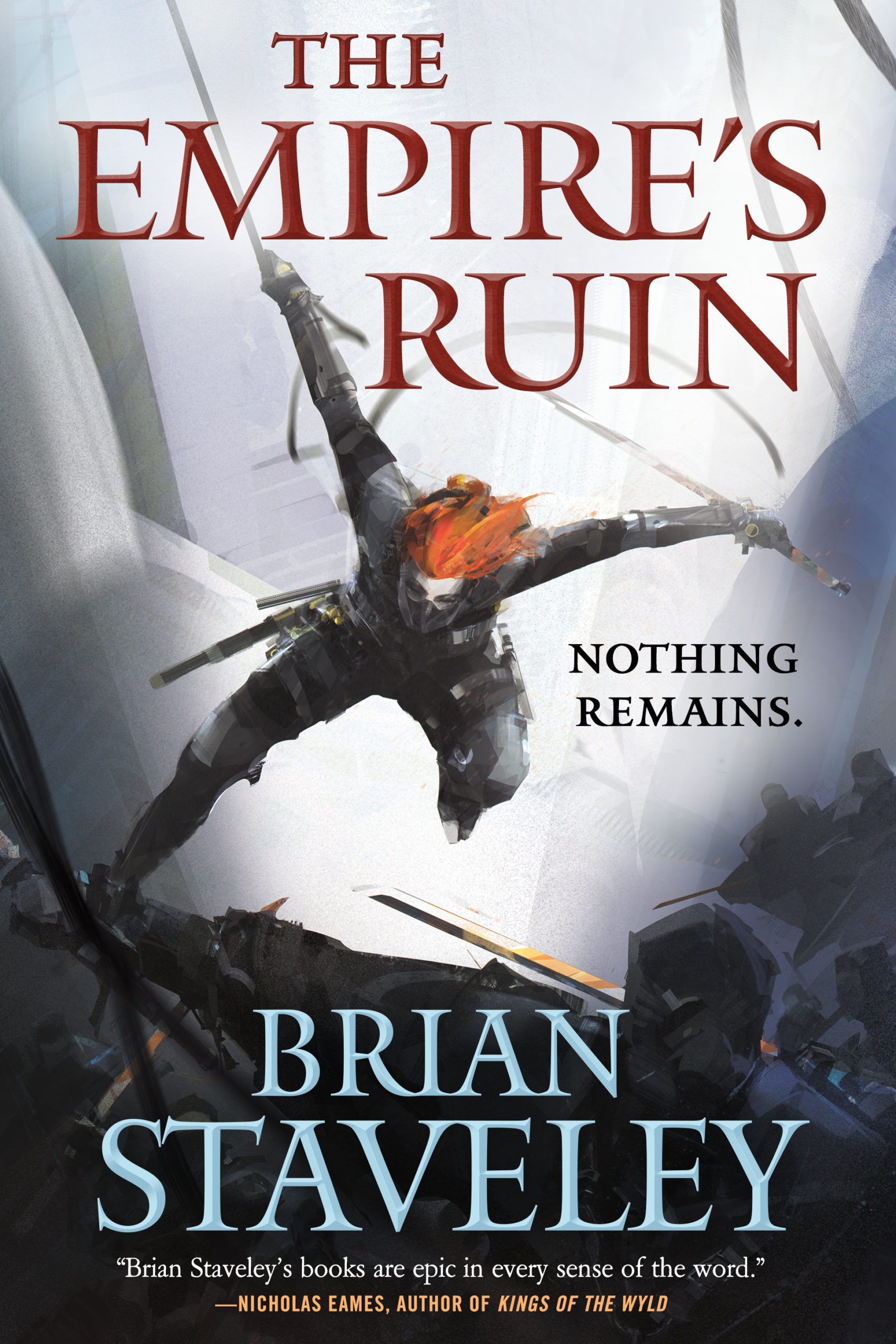 The Empire’s Ruin by Brian Staveley
The Empire’s Ruin by Brian Staveley
The Annurian Empire is disintegrating. The advantages it used for millennia have fallen to ruin. The ranks of the Kettral have been decimated from within, and the kenta gates, granting instantaneous travel across the vast lands of the empire, can no longer be used. In order to save the empire, one of the surviving Kettral must voyage beyond the edge of the known world through a land that warps and poisons all living things to find the nesting ground of the giant war hawks. Meanwhile, a monk turned con-artist may hold the secret to the kenta gates. But time is running out.
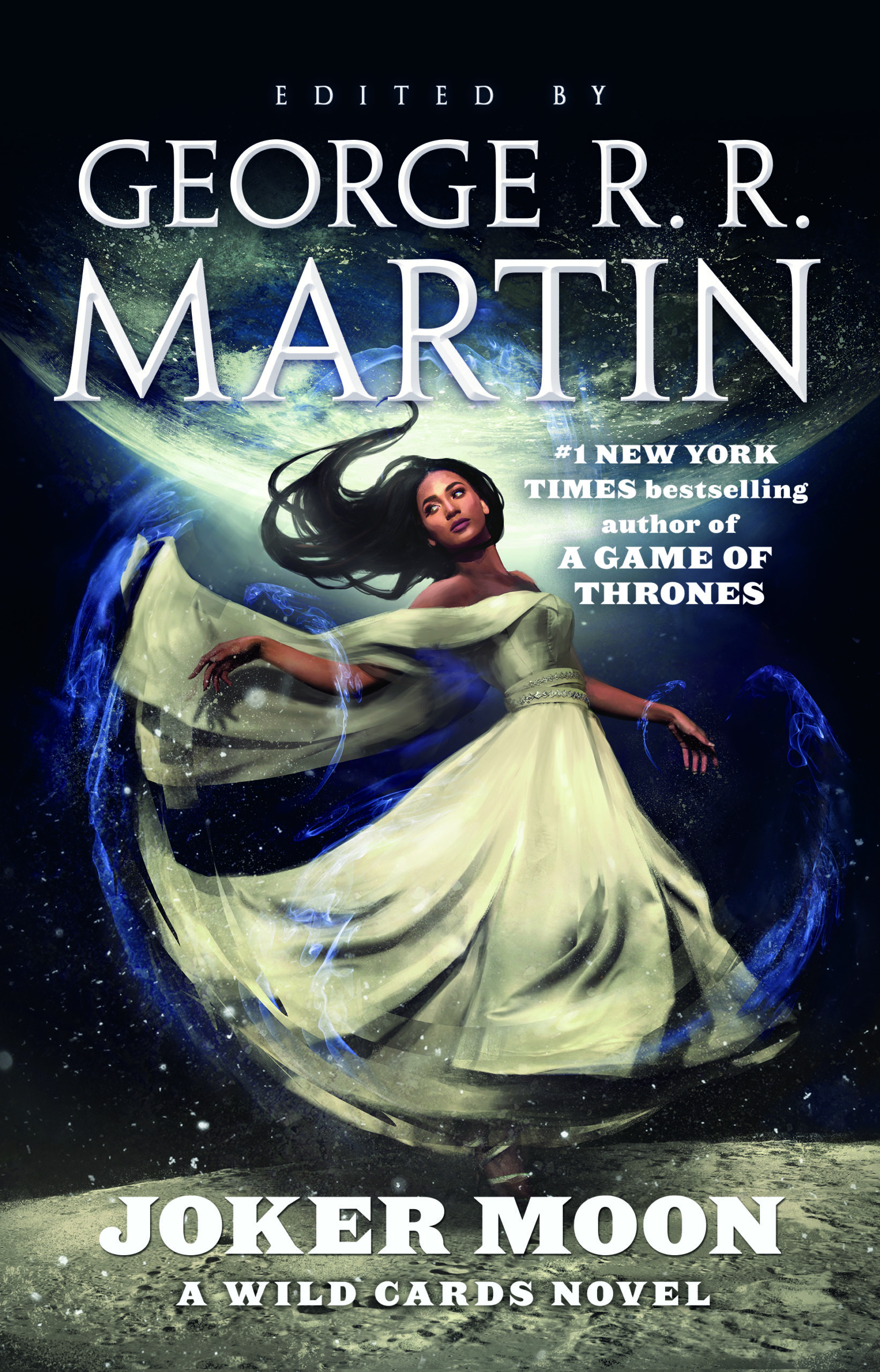 Joker Moon from George R. R. Martin
Joker Moon from George R. R. Martin
Theodorus was a dreamer. When the wild card virus touched him and transformed him into a monstrous snail centaur weighing several tons, his boyhood dreams seemed out of reach, but a Witherspoon is not so easily defeated. But now when he looked upward into the night sky, he saw more than just the moon . . . he saw a joker homeland, a refuge where the outcast children of the wild card could make a place of their own, safe from hate and harm. An impossible dream, some said. Others, alarmed by the prospect, brought all their power to bear to oppose him. Theodorus persisted . . .never dreaming that the Moon was already inhabited. And the Moon Maid did not want company.
July 13
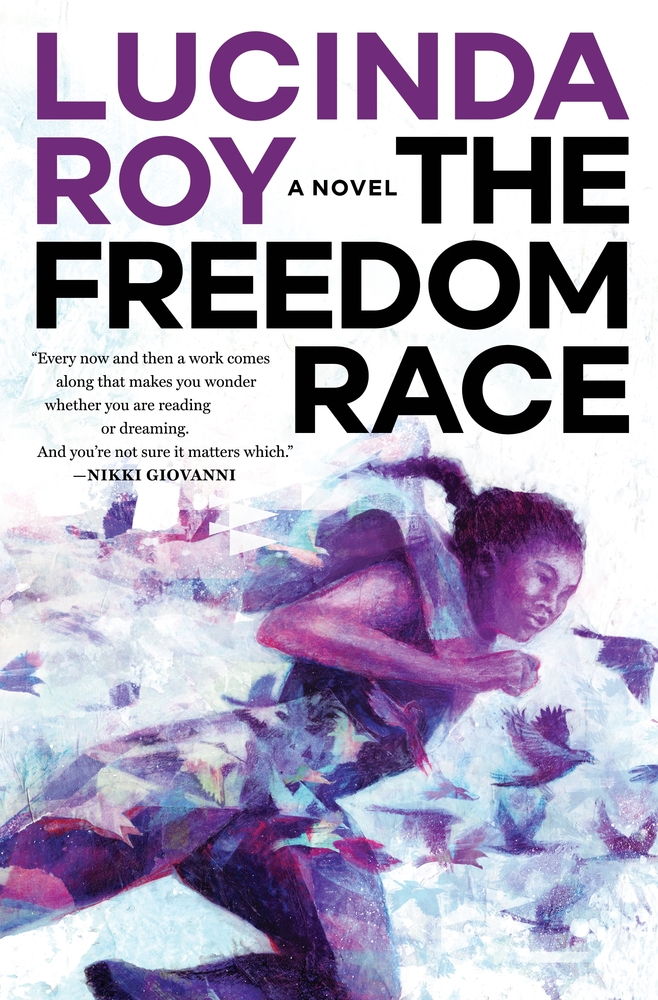 The Freedom Race by Lucinda Roy
The Freedom Race by Lucinda Roy
In the aftermath of a cataclysmic civil war known as the Sequel, ideological divisions among the states have hardened. In the Homestead Territories, an alliance of plantation-inspired holdings, Black labor is imported from the Cradle, and Biracial “Muleseeds” are bred. Raised in captivity on Planting 437, kitchen-seed Jellybean “Ji-ji” Lottermule knows there is only one way to escape. She must enter the annual Freedom Race as a runner. Ji-ji and her friends must exhume a survival story rooted in the collective memory of a kidnapped people and conjure the voices of the dead to light their way home.
 The Justice in Revenge by Ryan Van Loan
The Justice in Revenge by Ryan Van Loan
The island nation of Servenza is a land of flint and steel, sail and gearwork, of gods both Dead and sleeping. It is a society where the wealthy few rule the impoverished many. Determined to change that, former street-rat Buc, along with Eld, the ex-soldier who has been her partner in crime-solving, have claimed seats on the board of the powerful Kanados Trading Company. Buc plans to destroy the nobility from within—which is much harder than she expected.
July 20
 She Who Became the Sun by Shelley Parker-Chan
She Who Became the Sun by Shelley Parker-Chan
In 1345, China lies under harsh Mongol rule. For the starving peasants of the Central Plains, greatness is something found only in stories. When the Zhu family’s eighth-born son, Zhu Chongba, is given a fate of greatness, everyone is mystified as to how it will come to pass. The fate of nothingness received by the family’s clever and capable second daughter, on the other hand, is only as expected. When a bandit attack orphans the two children, though, it is Zhu Chongba who succumbs to despair and dies. Desperate to escape her own fated death, the girl uses her brother’s identity to enter a monastery as a young male novice. There, Zhu learns she is capable of doing whatever it takes to stay hidden from her fate.
August 10
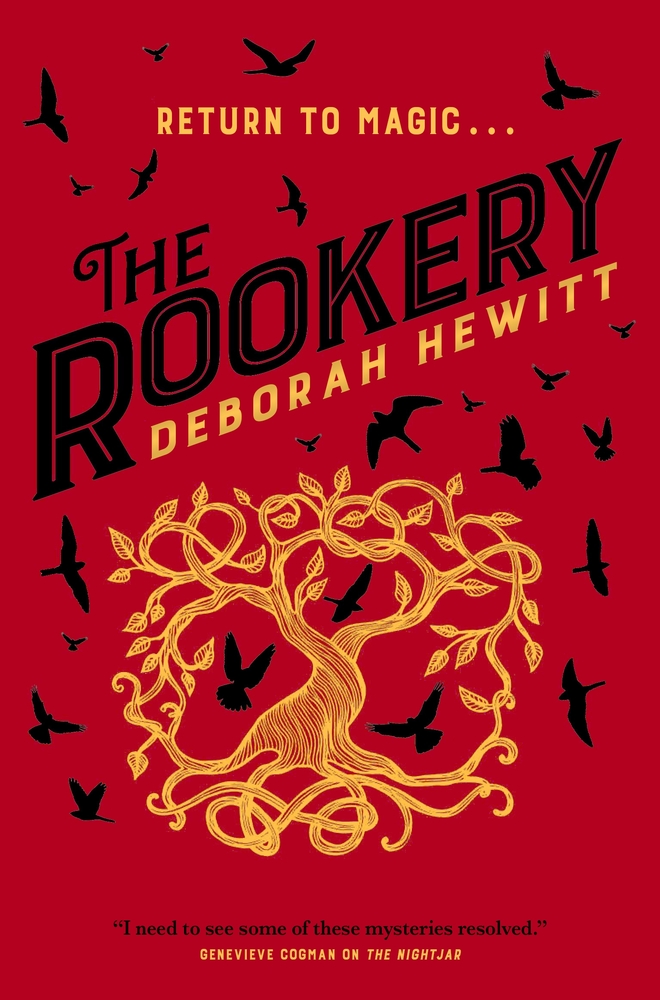 The Rookery by Deborah Hewitt
The Rookery by Deborah Hewitt
After discovering her magical ability to see people’s souls, Alice Wyndham only wants three things: to return to the Rookery, join the House Mielikki and master her magic, and find out who she really is. But when the secrets of Alice’s past threaten her plans, and the Rookery begins to crumble around her, she must decide how far she’s willing to go to save the city and people she loves.
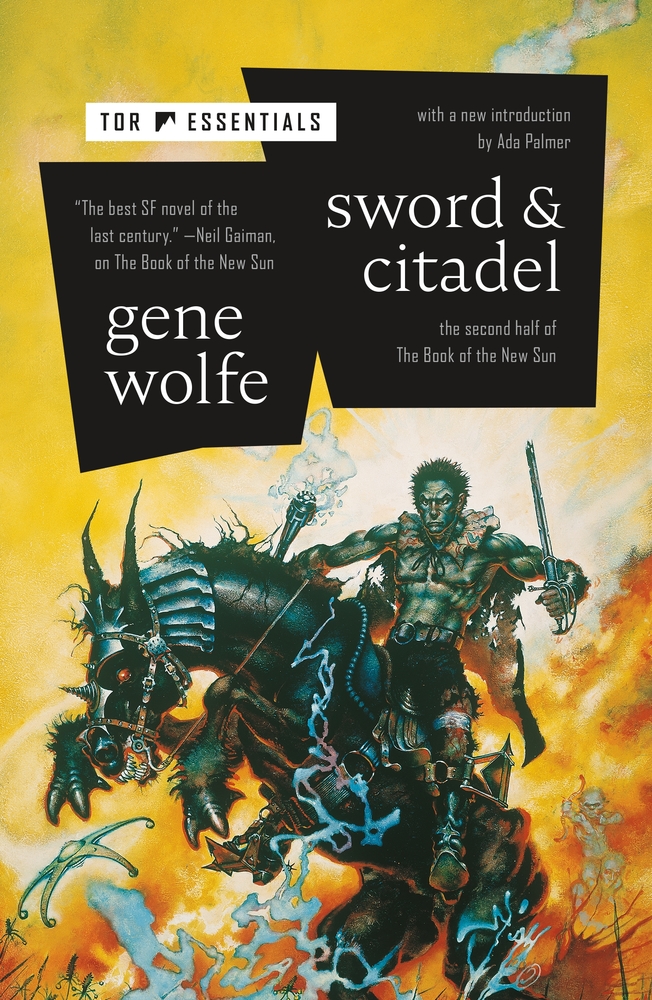 Sword & Citadel by Gene Wolfe
Sword & Citadel by Gene Wolfe
Sword & Citadel brings together the final two books of the tetralogy in one volume: The Sword of the Lictor is the third volume in Wolfe’s remarkable epic, chronicling the odyssey of the wandering pilgrim called Severian, driven by a powerful and unfathomable destiny, as he carries out a dark mission far from his home. The Citadel of the Autarch brings The Book of the New Sun to its harrowing conclusion, as Severian clashes in a final reckoning with the dread Autarch, fulfilling an ancient prophecy that will forever alter the realm known as Urth
August 17
 Neptune by Ben Bova
Neptune by Ben Bova
In the future, humanity has spread throughout the solar system, on planets and moons once visited only by robots or explored at a distance by far-voyaging spacecraft. Three years ago, Ilona Magyr’s father, Miklos, disappeared while exploring the seas of Neptune. Everyone believes he is dead—crushed, frozen, or boiled alive in Neptune’s turbulent seas. With legendary space explorer Derek Humbolt piloting her ship and planetary scientist Jan Meitner guiding the search, Ilona Magyr knows she will find her father—alive—on Neptune. Her plans are irrevocably altered when she and her team discover the wreckage of an alien ship deep in Neptune’s ocean, a discovery which changes humanity’s understanding of its future…and its past.
 The Exiled Fleet by J. S. Dewes
The Exiled Fleet by J. S. Dewes
The Sentinels narrowly escaped the collapsing edge of the Divide. They have mustered a few other surviving Sentinels, but with no engines they have no way to leave the edge of the universe before they starve. Adequin Rake has gathered a team to find the materials they’ll need to get everyone out. To do that they’re going to need new allies and evade a ruthless enemy. Some of them will not survive.
August 31
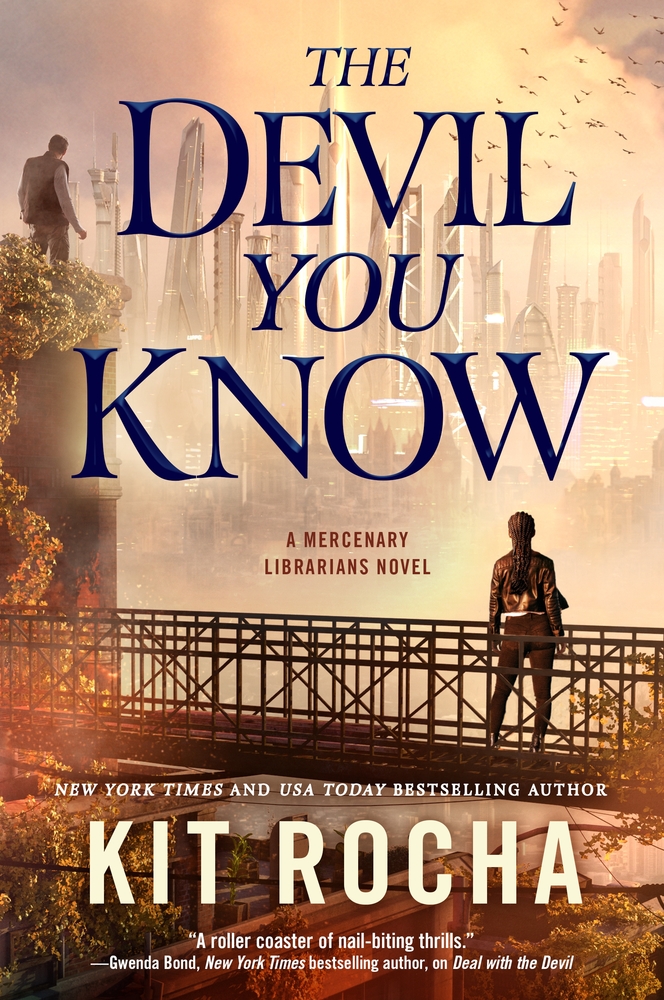 The Devil You Know by Kit Rocha
The Devil You Know by Kit Rocha
Maya has had a price on her head from the day she escaped the TechCorps. Genetically engineered for genius and trained for revolution, there’s only one thing she can’t do—forget. Gray has finally broken free of the Protectorate, but he can’t escape the time bomb in his head. His body is rejecting his modifications, and his months are numbered. When Maya’s team uncovers an operation trading in genetically enhanced children, she’ll do anything to stop them. Even risk falling back into the hands of the TechCorps. And Gray has found a purpose for his final days: keeping Maya safe.
 Fury of a Demon by Brian Naslund
Fury of a Demon by Brian Naslund
The war against Osyrus Ward goes poorly for Bershad and Ashlyn. They are pinned in the Dainwood by monstrous alchemical creations and a relentless army of mercenaries, they are running out of options and allies. The Witch Queen struggles with her new powers, knowing that the secret of unlocking her dragon cord is key to stopping Ward’s army, she pushes forward with her experiments. Meanwhile, with every wound Bershad suffers, he gets closer to losing his humanity forever, and as the war rages, the exile turned assassin turned hero isn’t even sure if being human is something he wants.
September 7
 You Sexy Thing by Cat Rambo
You Sexy Thing by Cat Rambo
TwiceFar station is at the edge of the known universe, and that’s just how Niko Larson, former Admiral in the Grand Military of the Hive Mind, likes it. Retired and finally free of the continual war of conquest, Niko and the remnants of her former unit are content to spend the rest of their days working at the restaurant they built together, The Last Chance. But, some wars can’t ever be escaped, and unlike the Hive Mind, some enemies aren’t content to let old soldiers go. Niko and her crew are forced onto a sentient ship convinced that it is being stolen and must survive the machinations of a sadistic pirate king if they even hope to keep the dream of The Last Chance alive.


